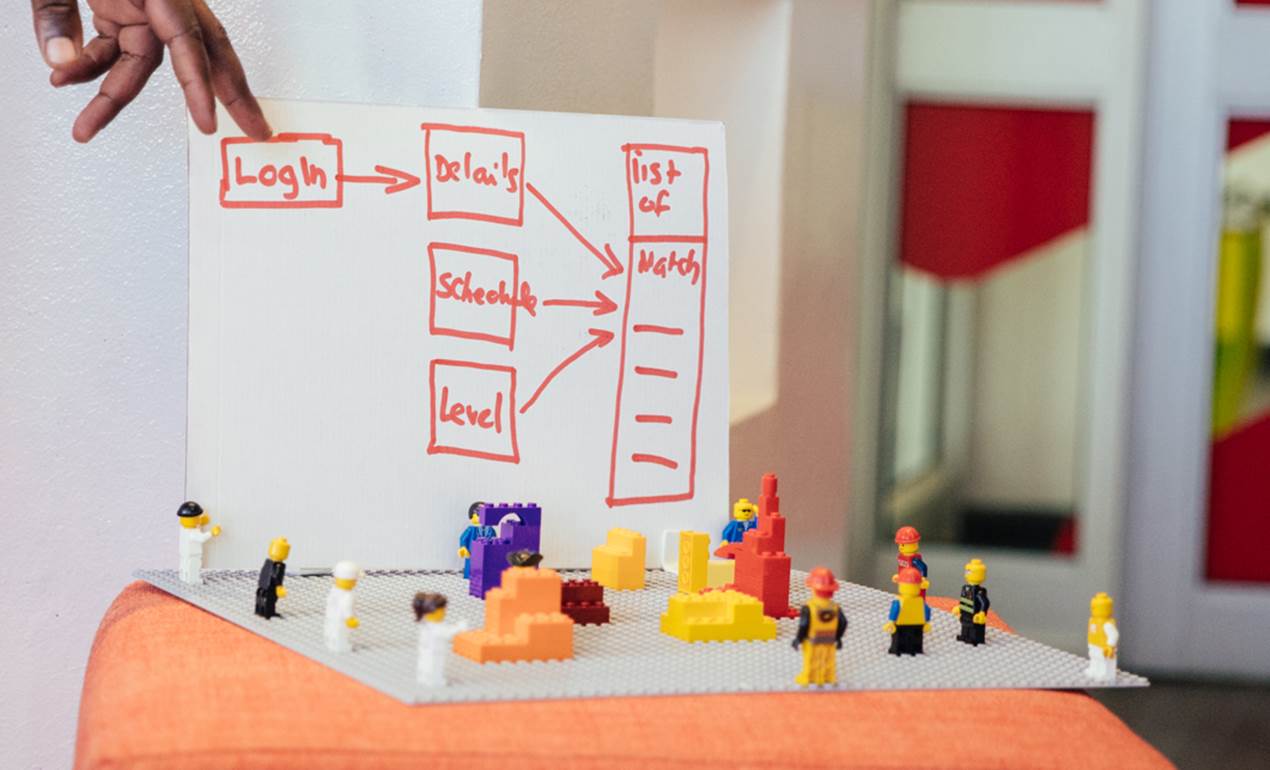The rhythm4inclusion Consortium proudly presents:
The r4i Online Course!
See full report from TUC about the work done: IO4_O5_Consolidated_Report_Final_2021
I. The r4i Dance Course
DANCE Welcome letter
DANCE r4i Introduction
Platform course Movement Tutorial Video
DANCE Syllabus
DANCE Geometrical shapes
DANCE Evaluation
II. The r4i Music Course and Course on the Psycho-pedagogical Aspects
A. THE DIALOGUE THROUGH THE RHYTHMICAL RECITATION
Introduction
Webinar A Presentation PPT
-
- The concept of rhythmical meter – shape.
Platform course Video 1.1
- The dialogue of the group/ subgroups in the rhythmical circle
Platform course Video 1.2
- The dialogue when the circumstances of communication change.
Platform course Video 1.3
- How to trust oneself, in the frame of the group.
Platform course Video 1.4
- The student – “robot” as the guide of the dialogue.
Platform course Video 1.5
- The group interprets the cards with the student as the guide.
Platform course Video 1.6
- The concept of rhythmical meter – shape.
B. SOUNDS OF THE BODY
C. SINGING THE RHYTHM WITH KONNAKOL SYLLABLES
Introduction
Webinar C Presentation PPT
-
- The recitation of rhythm using konnakol
Platform course Video 3.1
- The maestro ‘colors’ the konnakol recitation
Platform course Video 3.2
- The student – conductor in the game of different volumes
Platform course Video 3.3 - The konnakol cards of emotions
Platform course Video 3.4
- The student – conductor of emotions
Platform course Video 3.5
- Dialogue of the interaction of the student – robot with the group
Platform course Video 3.6
- The recitation of rhythm using konnakol


The following Cards used in the Music Course can be found in the Digital Content on the Coursevo Platform:
-
- Shape-meter cards
- Question-answer cards
- Konnakol cards
- Volume cards
- Emotions cards
A version for Swedish users in not-so-many-pixels: SW r4i Curriculum Bilaga 1 Aktivitetskort
III. The r4i Game Based Learning Course>>
On April 16 it was time for professor Petros Lameras from Coventry University to present:
UNIT 1
-
- Theoretical foundations of Game-based Learning
Topics covered:
GBL introduction – GBL meanings – serious Games meanings – Gamification meanings – Differences between GBL, serious games and gamification – What do we mean by play and game? -Examples of GBL, serious games and gamification mini activities.
Learning outcomes:
Participants will – have an awareness of the foundations of GBL – be able to understand the differences between GBL, serious games and gamification – be able to differentiate between play and game.

UNIT 2
-
- GBL strategies, processes and approaches
Topics covered: GBL explained as an instructional strategy – GBL and – creativity – collaboration – projects – empathy – failure – (and) community building.
Learning outcomes: Participants will be able to – comprehend how GBL may be used as an instructional strategy – demonstrate awareness on how GBL may integrate aspects of creativity, collaboration, projects.
UNIT 3
-
- GBL design and best practices
Topics covered: What is GBL design? – GBL, serious games and gamification design elements – Learning mechanics – Game mechanics – Dynamics and aesthetics – Rules – GBL and uncertainty
Learning outcomes: Participants will be able to – understand GBL design – have an awareness on GBL mechanics, dynamics and aesthetics – have an awareness on designing uncertainty – have an awareness of GBL design best practices.
See call for participation here>>
Link to timetable here>>
See final report from TUC here: O4_O5_Consolidated_Report_Final_2021
______________________________________________________________
From approved application:
After finishing the piloting round, all necessary resources and the perfected integrated music & dance rhythm-based approach to inclusive learning are ready to be widely applied in schools across Europe. This will be done in springtime 2021 by the rhythm4inclusion online training programme, open to all European teachers.
Four national multiplier events (M25-28) are foreseen to raise awareness about the project and establish local Communities of Practice (CoP) that will take part in the online training programme.

A number of 80-100 teachers are expected to participate in this programme directly. It will be possible for teachers to follow the course as observers accessing the training materials and participating in the discussions forums and webinars.
In total about 200 teachers will be engaged and through them around 2000 students. These teachers will constitute the first participants of the CoP that will continue to be supported to include more teachers even after the end of the training programme and the project.
At the end of the training programme, a thorough evaluation is foreseen to assess the training materials and the proposed pedagogical approaches so that their effectiveness in each different national and learning context is documented.
A final perfection of all materials and the platform supporting the CoP, taking into account the evaluation results, is also foreseen.
At the end of this round a conference is foreseen (M33-36) that will play an important role in disseminating project results and contributing to their further exploitation and sustainability:Konstarter i pedagogiken-konferensprogram-2021-webb
Output Leader: TUC (GR) Nektarios Moumoutzis

This project rhythm4inclusion Erasmus+ ID 2018-1-SE01-KA201-039032 has been funded with support from the European Commission. This publication reflects the views only of the author, and the Commission cannot be held responsible for any use which may be made of the information contained therein.












